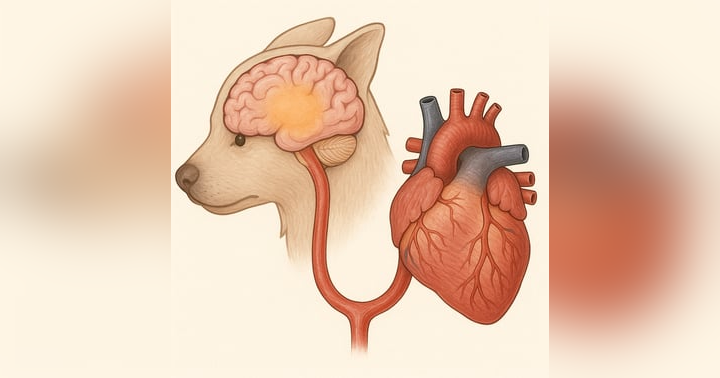Too Much Oxygen!(?)

From Episode 180 in the ECC Feed with Dr Laurence St Pierre.
There’s a saying in ECC: Unless the patient is on fire – give it oxygen. I.e., you can’t really overdo oxygen. Well…. In our mind-bending conversation with criticalist and mitochondria researcher Dr St Pierre, we learnt that mitochondria kinda have their own little (but very important!) agenda inside the cells of the patients that we’re trying to save, and that we have to be mindful of trying to keep them happy. Or, like the Dalai Lama says: ‘If you can’t help others, at least try to not hurt them.’ Here are some things that we do that can potentially harm mitochondria in critically ill patients:
Drugs: Many drugs, like propofol, adrenaline and noradrenaline, and several antibiotics, can slow down mitochondrial function. Practically, this doesn’t mean that you should stop using those drugs—it just means that you should think carefully about whether your patient still needs that antibiotic. (And another reason to use low dose adrenalin during CPR!)
Oxygen! Yes, high concentrations of oxygen at the cellular level can lead to an increased production of reactive oxygen species (ROS), particularly when mitochondria are damaged and unable to use oxygen effectively. This can lead to increased cellular damage, worsening inflammation, and organ dysfunction.
Practically, that means that we don’t aim for an SpO2 of 100%. Our sweet spot is 92–98%. (If this seems like a small difference, remember that an SpO2 of 100% means a PaO2 of around 500 mmHg, vs an O₂ partial pressure of around 100 mmHg when SpO2 is in the high 90s.)
And what about helping mitochondria?
Some interesting things are happening, so watch this space. (Or listen to the episode. Did someone say mitochondrial transfusion?!)
For more clinical pearls, sign up for our free weekly Newsletter , or get all of our content on the go with our Clinical Podcasts.





